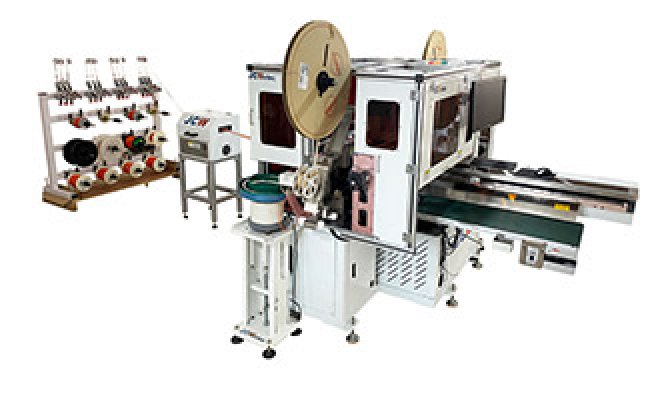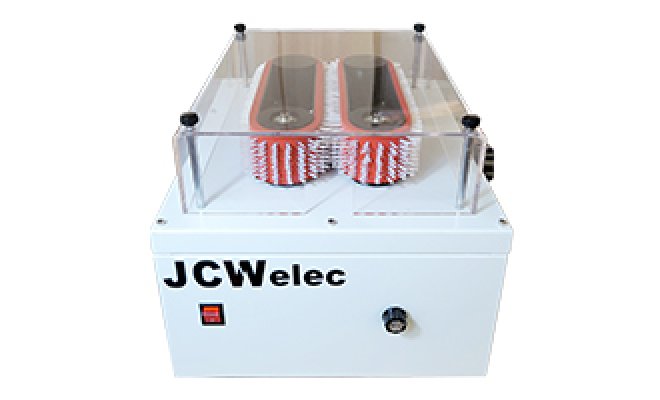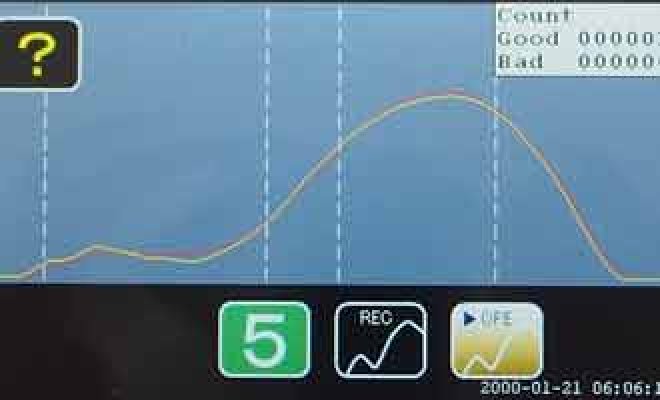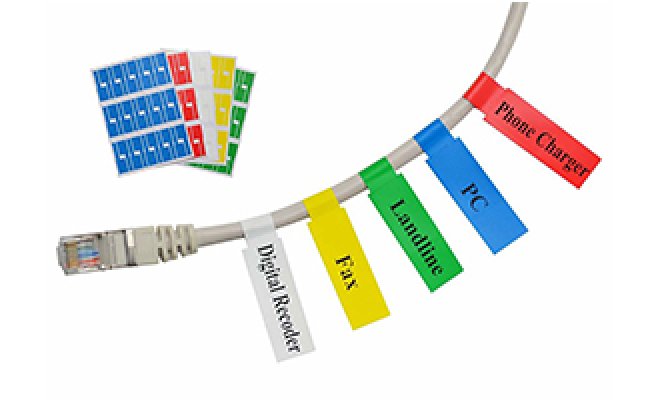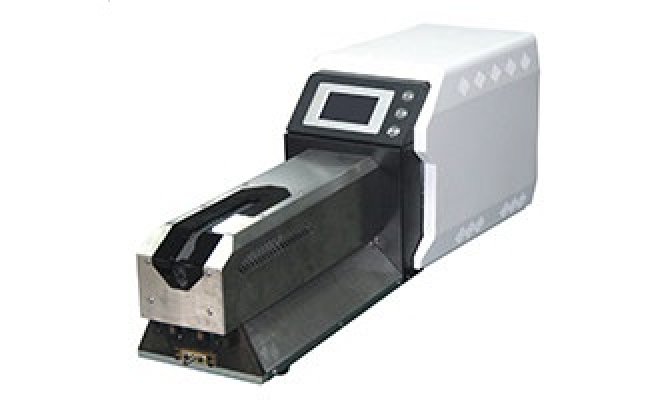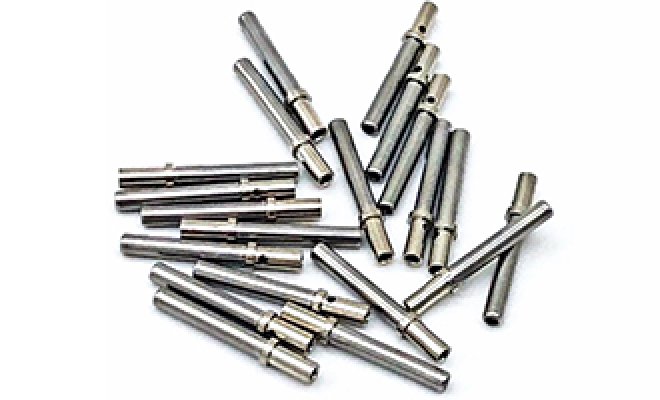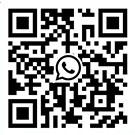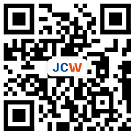JCW offers full range of fully automatic wire harness manufacturing equipment. The CM10 is an excellent model for dual-end wire stripping, terminal crimping and housing insertion.
READ MORE- Fully-auto Crimping Machine
- Semi-auto Crimping Machine
- Cutting Stripping Machine
- Wire Stripping Machine
- Coaxial Cable Processing
- High Voltage Cable Processing
- Cutting Machine
- Wire Taping Machine
- Nylon Cable Tie Machine
- Tube / Cable Prefeeding Machine
- Winding & Bundling Machine
- Power Cord Processing
- Quality Tools
- Heat Shrinkable Tubing Processing
- Wire Twisting & Untwisting Machine
- Cable Shield Processing Machine
- Terminal Crimping Applicator
- Accessories & Peripherals
- Labeling Machine
- Tin Soldering & Ultrasonic Welding
- Marking Systems
- Scrap Wire Stripping Machine


